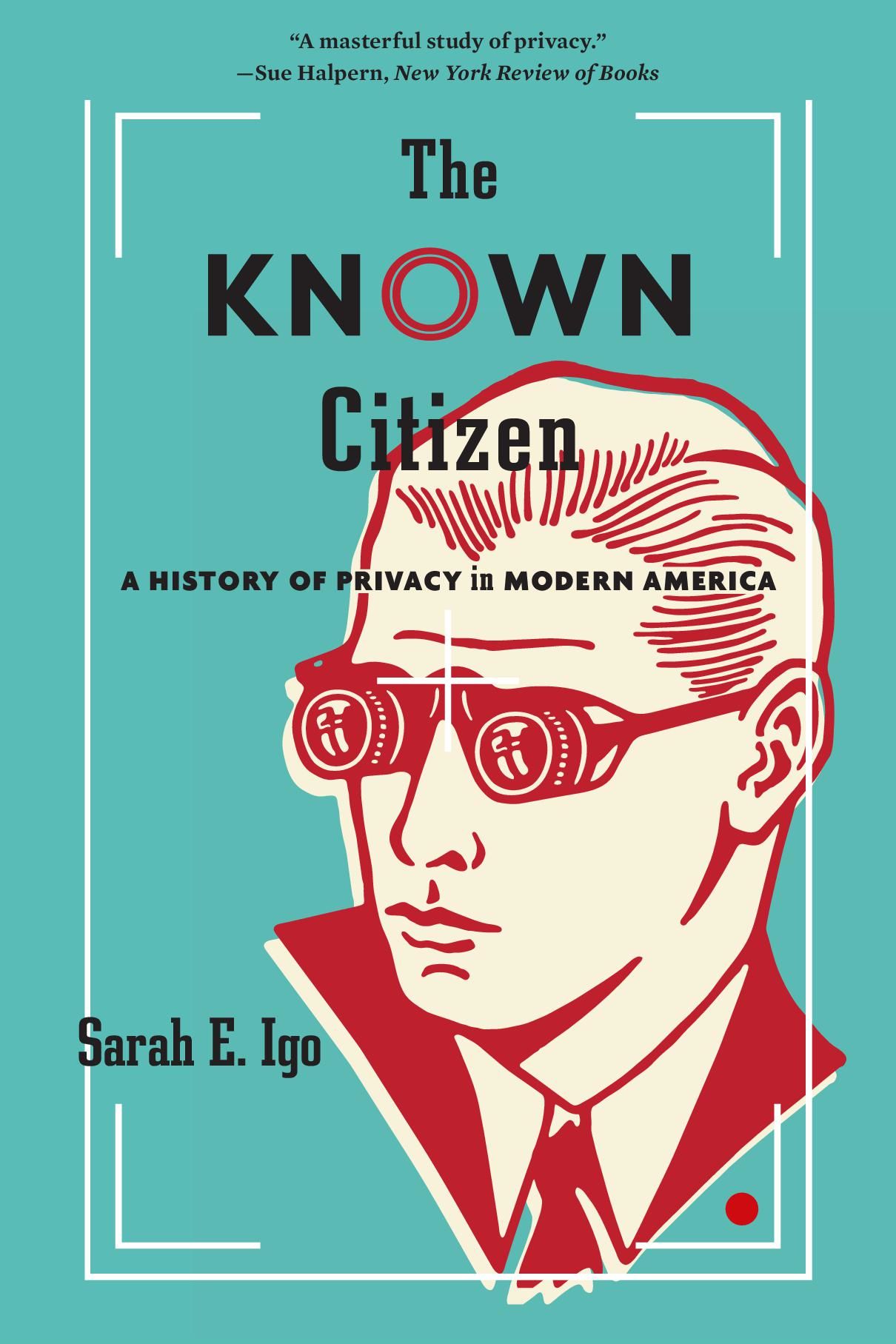When FDR signed the Social Security Act into law in 1935, he created one of the most comprehensive information-gathering networks in America’s history. The nine-digit Social Security number—the first number to be assigned by the American government to individual citizens—tracked the amount of payroll tax workers paid over the course of their lives, information that was used to determine their eligibility for Social Security. As a system of identification it was unprecedented in scope: it was more comprehensive than the draft and even the census, which collected information only in the aggregate. Yet Americans reacted to the news not with alarm but with enthusiasm. Many wore dog tags engraved with the number or bronze-plated it, while others, in the years before Americans knew much of the concentration camps, had their SSN tattooed on their bodies. Republican critics of the New Deal nevertheless compared SSNs to the identity cards introduced by the Nazis, pointing to the slippery slope of identification that reduced citizens to convicts and prisoners. But these charges failed to stick. Despite the dramatic expansion of the federal government during the Depression and the Second World War, American citizens, enthusiastic about the New Deal and the war effort, were then less concerned about privacy infringements from their government than from their employers, from whom they wanted to conceal their union affiliation, religion, or, for women, their age and marital status.
Today, this fear of intrusion from the private sector is familiar. It is harder for us to imagine that scrutiny from the government was once welcomed. The story points to the difficulty of understanding privacy’s history—a problem, Sarah Igo writes in The Known Citizen, her excellent new book on privacy in America, that stems in part from our tendency to think of privacy as a static, unchanging ideal. “If we want to understand how Americans in varied contexts and times understood privacy,” she writes, “we need to abandon the notion of it having a stable definition.”
What do we mean, then, when we say we care about privacy? We might mean that we want the right to be left alone, beyond the gaze of other people—to have our private lives protected from public encroachment. Maybe we want to protect a more internal realm of intimacy or secrecy, where we share only what we choose with only those we have chosen. In politics, the value of privacy is associated with the liberal tradition, from Locke to John Stuart Mill, whose ideas are invoked to defend the separation of the public sphere from the private, in which one is free to make one’s own choices without interference. What matters about the private, in this view, is that the choices we make in that realm are our own—they belong to us. If the state fails to protect our capacity to make those choices—if its surveillance, policing, and monitoring of citizens goes too far—it ceases to be a liberal state and becomes something more sinister.

